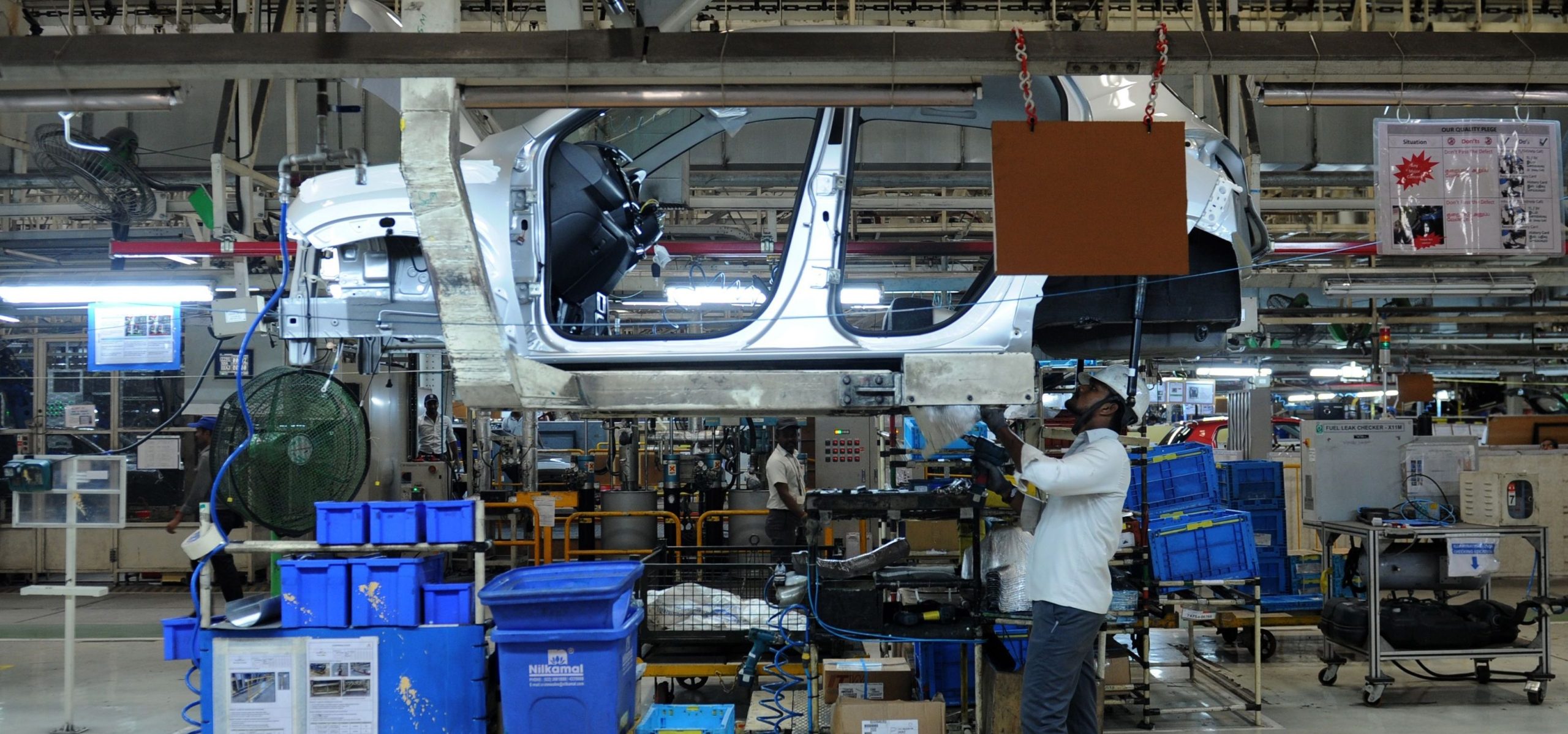Automaker-backed legislation often flies under the radar, receiving minimal public scrutiny despite its significant impact on consumers, the environment, and the automotive industry.
These bills, frequently crafted with the input and influence of powerful automaker lobbies, can shape regulations and policies in ways that favor corporate interests over public welfare.
This article explores the reasons behind the lack of public scrutiny on automaker-backed legislation, examining the role of lobbying, the complexity of legislative processes, and the implications for transparency and accountability.
One of the primary reasons for the lack of public scrutiny is the substantial influence of lobbying in the legislative process. Automakers and their lobbying groups have deep pockets and considerable resources at their disposal, allowing them to effectively advocate for their interests.
They employ professional lobbyists to engage with lawmakers, provide expert testimony, and draft legislation that aligns with their goals. This influence can result in the passage of bills that prioritize industry profits over consumer protection and environmental sustainability.
Also Read: Why Are Car Companies Adding Useless Tech Instead of Lowering Prices?
The lobbying process often occurs behind closed doors, away from public view, making it difficult for citizens to monitor and challenge these activities. The complexity and opacity of the legislative process also contribute to the lack of public scrutiny.
Legislation is often written in dense, technical language that can be challenging for the average person to understand. Bills may include provisions and amendments that are not immediately apparent, allowing automakers to insert favorable clauses without attracting attention.

Additionally, the legislative process involves multiple stages, including committee reviews, debates, and votes, each of which can introduce changes to the original bill. This intricate process can obscure the true intent and impact of legislation, making it difficult for the public to stay informed and engaged.
Another factor is the limited media coverage of automaker-backed legislation. Mainstream media outlets may not prioritize reporting on these bills, focusing instead on more sensational or widely relevant news stories.
As a result, many people remain unaware of the legislative activities that directly affect their lives. The lack of comprehensive coverage means that critical issues related to consumer rights, environmental regulations, and industry practices do not receive the attention they deserve.
This media gap further hinders public scrutiny and reduces accountability for automakers and lawmakers. The revolving door between government and industry also plays a role in the lack of public scrutiny.
Many former government officials and regulators find employment in the automotive industry, bringing their insider knowledge and connections to their new roles. Conversely, industry professionals may take up positions within regulatory agencies, influencing policy decisions from within.
This close relationship between government and industry can lead to conflicts of interest and a regulatory environment that favors automakers. The public may be unaware of these connections, further complicating efforts to hold automakers accountable for their legislative influence.
The implications of the lack of public scrutiny on automaker-backed legislation are significant. Without adequate oversight, laws and regulations may be enacted that undermine consumer protection, compromise environmental standards, and prioritize corporate profits.
For example, legislation that weakens emissions standards or safety regulations can have long-term consequences for public health and safety. Additionally, the erosion of transparency and accountability can lead to a loss of public trust in both the government and the automotive industry.
Also Read: Could Future Cars Require a Subscription to Access Basic Features?

